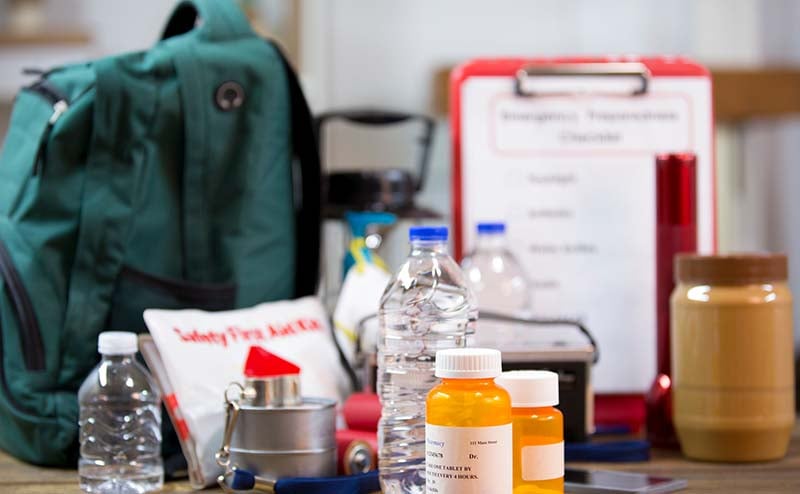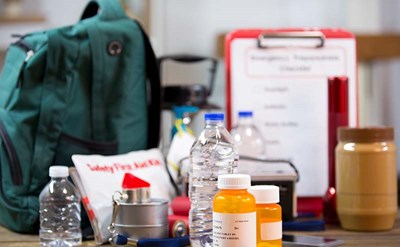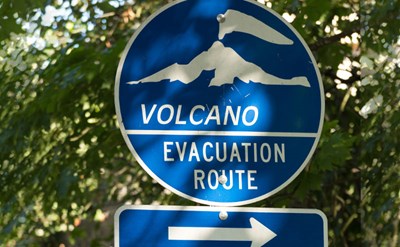Emergency physicians who specialize in disaster response are involved with planning, preparedness, response and recovery for disasters in their communities and at their hospitals.
They treat the victims of fires, floods, earthquakes, tornadoes, hurricanes, riots, mudslides and snow storms. They care for people at sporting events and political rallies. They lead and train response teams from the National Disaster Medical System, Federal Emergency Management Agency, Urban Search and Rescue and others, and provide leadership in the federal government to such agencies as the Department of Veterans Affairs, the Centers for Disease Control and Prevention and the Department of Homeland Security. Emergency physicians have provided advice to Congress through testimony and worked at the highest levels of government, both federal and state.
Emergency physicians urge caution to avoid hazards and injuries that are common during disaster cleanup and recovery. Be aware of hazards such as exposed nails or broken glass. Do not touch exposed power lines or objects in contact with them. If a gas leak is smelled or suspected, turn off the main gas supply, open the windows, leave the house, and call the gas company immediately. More information about safety during and after a natural disaster is available from the Centers for Disease Control and Prevention.
 American College of Emergency Physicians
American College of Emergency Physicians







